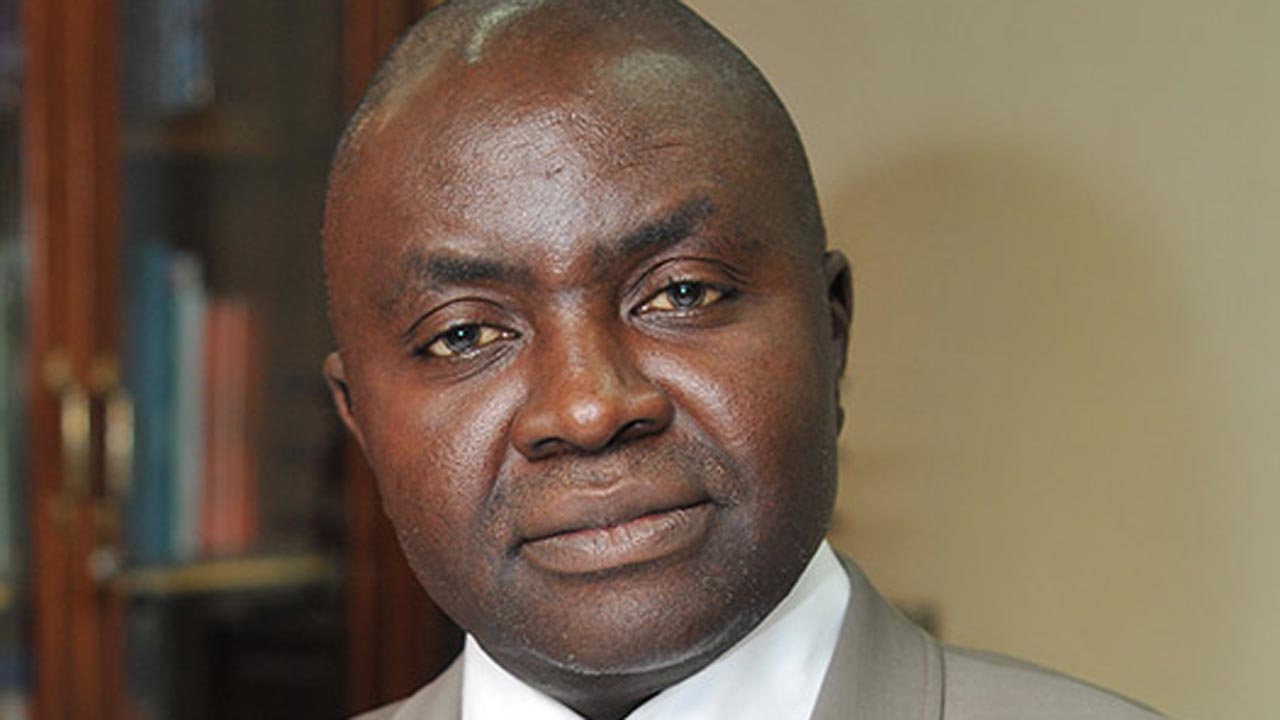
‘Foreign investors cautious of $30b pledges over FX instability’
Centre for the Promotion of Private Enterprise (CPPE) has called on the Federal Government to urgently address the prohibitive and unpredictable exchange rate used for cargo clearance, which, it argued, exacerbates the cost-of-living crisis and undermines economic stability.
Also, Private Equity and Venture Capital Association of Nigeria (PEVCA) has said foreign investors are apprehensive about implementing the over $30 billion investment pledges in Nigeria over the instability in the country’s foreign exchange market.
The Director/Chief Executive Officer of CPPE, Dr Muda Yusuf, lamented, yesterday, that the high and volatile exchange rate for import duty assessment was fuelling the already high inflation, increasing production and operating costs for manufacturers and other businesses, and worsening the cost-of-living crisis.
According to him, this situation puts maritime sector jobs and investments at risk, weakening investors’ confidence and creating serious competition challenges for ethical and compliant investors in the economy.
Yusuf said the Customs duty exchange rate on its portal, which stood at N1,578 to the United States dollar, had been fluctuating almost weekly, was seen as a significant contributor to the economic uncertainty plaguing the investment environment .
He suggested the pegging of the Customs duty exchange rate at N1,000 per dollar for the next six months, to be implemented through an Executive Order as part of the Federal Government’s broader commitment to easing the economic burden on businesses and citizens.
The recommendation, he said, aligns with similar proposals from the Presidential Committee on Fiscal Policy and Tax Reforms, as well as strong advocacy from the Organised Private Sector (OPS).
Yusuf clarified the distinctiveness of the proposal from the ongoing foreign exchange reforms, saying it should be viewed purely as a trade policy measure, not as a request for a concessionary exchange rate for foreign currency allocation.
He argued that the determination of the Customs duty exchange rate by the Central Bank of Nigeria (CBN) was an intrusion into trade policy space, which needed to be urgently corrected, while calling for the responsibility of setting the exchange rate for import duties to be transferred to the Federal Ministry of Finance and the Federal Ministry of Trade and Investment.
To permanently address the issue, the CCPE boss suggested amending the Customs Act to align the determination of the applicable exchange rate for import duty payment with the government’s trade policy direction.
PEVCA disclosed the investors’ fear in its mid-year review and strategic outlook for the country, which explored the private investment landscape and factors shaping trends in the sector.
According to the association, issues of foreign currency repatriation have worsened the investment risk level in the country. Citing the Fast-Moving Consumer Goods (FMCG) sector, he stated that reduction in private sector consumption, coupled with elevated inflation levels, eroded private sector investments.
It added that the presence of key risks, especially challenges with getting foreign exchange out of the country, made immediate investments appealing only to a specific group of people.
The report states: “Minister of Trade and Investments, Doris Uzoka-Anite, highlighted in February this year that direct engagements with foreign investors have resulted in substantial interest and commitments totalling $30 billion since Bola Tinubu’s inauguration.
“Despite these commitments, actual investments have yet to materialise due to investor apprehension over the forex market’s instability.”
It explained that the delay in carrying out the $30 billion investment pledges creates a cycle where slow investor actions hinder the chances of the market recovering.



